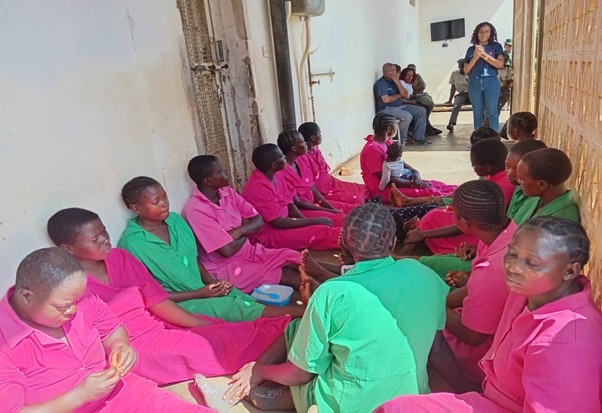Delta Corporation, in partnership with the Cancer Association of Zimbabwe (CAZ), has provided USD 10,000 to support breast, cervical, and prostate cancer education and screening for inmates across Masvingo Province prisons.
The initiative aims to address healthcare disparities and improve early detection of cancer among incarcerated individuals, who often face barriers to accessing timely medical services.
Cancer remains a leading cause of morbidity and mortality worldwide, with delayed diagnosis often resulting in poor health outcomes.
For incarcerated individuals, accessing equitable healthcare services, including cancer screening, presents unique challenges.
To bridge this gap, Delta Corporation has partnered with the Cancer Association of Zimbabwe (CAZ) to fund a cancer education and screening program across nine prisons in Masvingo Province.
The initiative, which began with educational sessions on breast, cervical, and prostate cancer, aimed to empower participants with knowledge on prevention and early detection.

These sessions included practical skills, such as how to conduct self-breast examinations and identify warning signs. A total of 282 inmates—both men and women—were screened during the campaign.
Patricia Murambinda, General Manager of Corporate Affairs at Delta Corporation, emphasized the importance of the project.
“This initiative has enabled us to take a step towards empowering communities to fight against cancer, which is a major public health concern,” she said.
“The provision of education and screening will assist in cancer prevention and improve the quality of life for cancer patients, their families, and communities through timely, sustainable, and evidence-based interventions.”
The program targeted prisons and satellite facilities in Masvingo Remand, Mutimurefu, Gutu, Bikita, Zaka, Chiredzi, Chikombedzi, Mwenezi, and Chivi.
By focusing on underserved populations, the initiative seeks to reduce cancer-related morbidity and mortality through early detection and education.










Share Your Comments